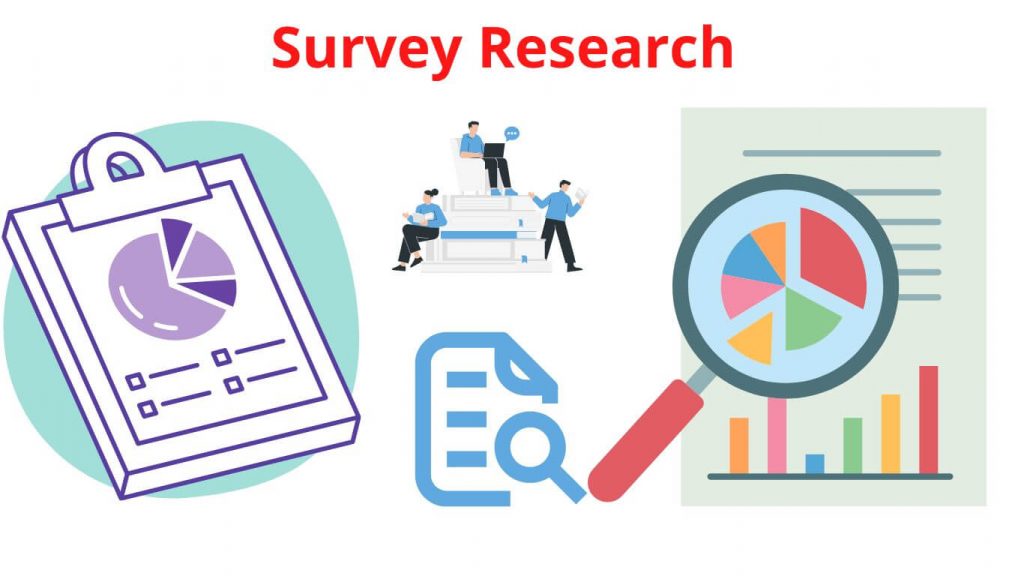Market Research Survey
A market research survey is a systematic method of gathering information and insights from a target audience to inform business decisions, product development, marketing strategies, and overall market understanding. It involves the use of structured questionnaires or interviews to collect data from a sample of individuals or organizations within a specific market or industry.
The primary objective of a market research survey is to obtain valuable information about consumer preferences, behaviors, attitudes, and opinions related to a particular product, service, or market segment. This information helps businesses identify market trends, assess customer needs, and make informed decisions to meet consumer demands effectively.
Market research surveys typically employ a combination of quantitative and qualitative research techniques. Quantitative surveys involve the use of closed-ended questions with predefined response options to collect numerical data, such as demographic information, purchasing habits, and satisfaction levels. Qualitative surveys, on the other hand, utilize open-ended questions to gather in-depth insights, opinions, and perceptions from respondents.
Designing an effective market research survey involves careful consideration of research objectives, target audience characteristics, survey methodology, question formulation, and data analysis techniques. Surveys can be conducted through various channels, including online platforms, phone interviews, mail surveys, and in-person interviews, depending on the nature of the research and the preferences of the target audience.
Once data is collected, market researchers analyze and interpret the findings to extract meaningful insights and actionable recommendations for decision-makers. These insights help businesses understand market dynamics, identify competitive advantages, and develop strategies to improve products, services, and customer experiences.
In summary, market research surveys play a crucial role in gathering customer feedback, understanding market trends, and informing strategic decision-making. By systematically collecting and analyzing data from target audiences, businesses can gain a competitive edge, enhance customer satisfaction, and drive business growth in today’s dynamic and competitive marketplace.









